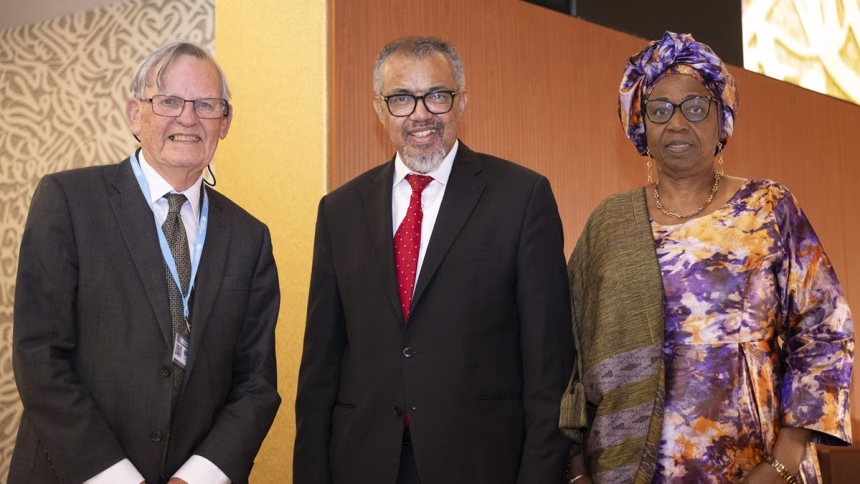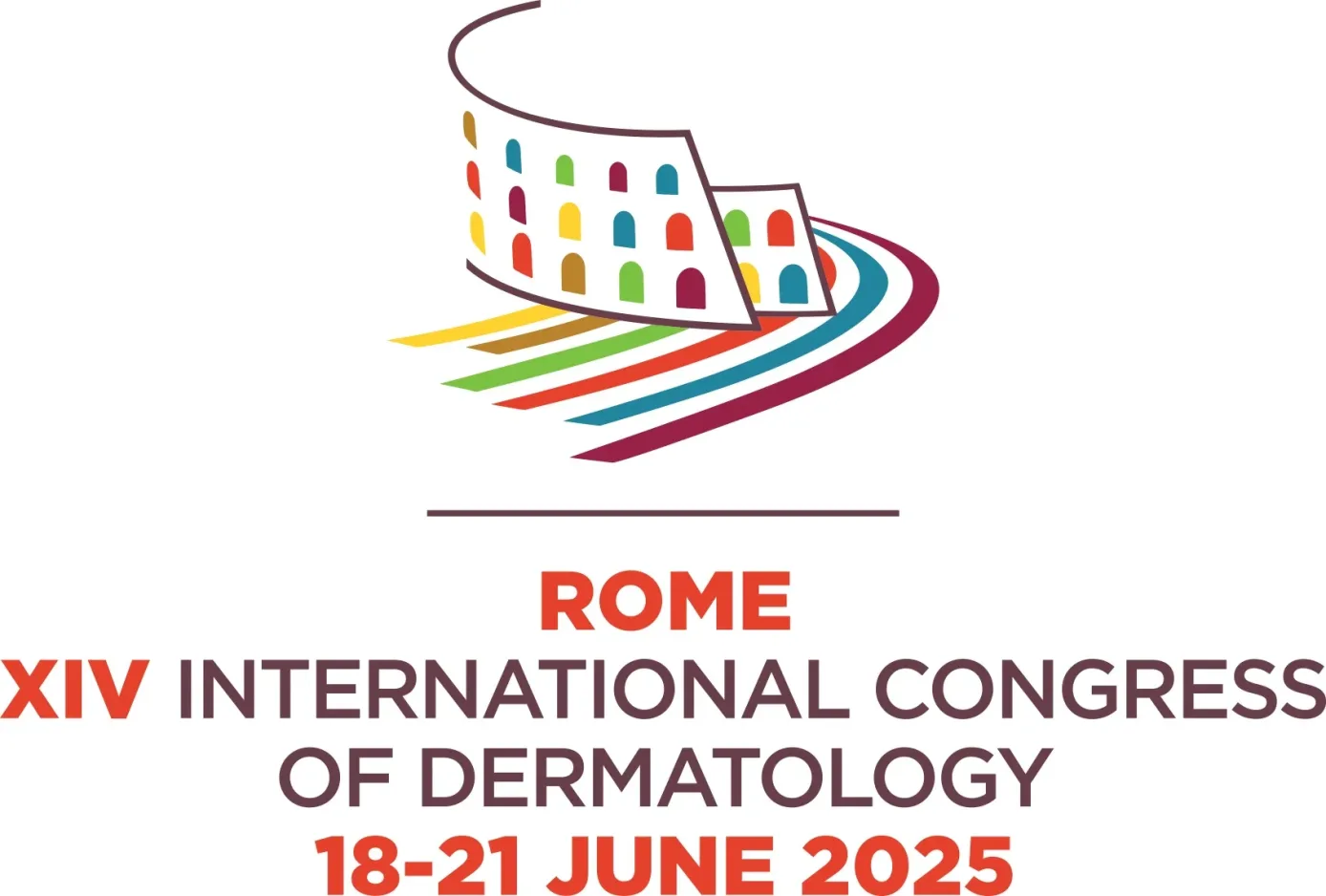In a heartfelt ceremony held during the 78th World Health Assembly, the World Health Organization (WHO) honoured two lifelong champions of global health—Professor Awa Marie Coll Seck of Senegal and Professor Sir Brian Greenwood of the United Kingdom—with the Director-General’s Award for Global Health.
This year’s awards, delivered by WHO Director-General Dr Tedros Adhanom Ghebreyesus, recognized their extraordinary lifetime achievements in fighting malaria, strengthening health systems, and improving health outcomes across Africa and beyond.
“Their invaluable contributions have helped to alleviate the burden of malaria and other vaccine-preventable diseases and to build sustainable health system capacity in Africa,” Dr Tedros said in his tribute.
A Pioneer in Policy and Infectious Disease: Professor Awa Marie Coll SeckProfessor Coll Seck’s trailblazing career spans clinical research, health diplomacy, and public service. As Senegal’s former Minister of Health, she spearheaded reforms that expanded universal healthcare and integrated disease control programs. From 2004 to 2011, she served as Executive Director of the Roll Back Malaria Partnership, energizing political will and international funding for malaria elimination across low-income nations.
Currently the President of Forum Galien Afrique, she continues to advise leading global health institutions including the Global Fund and PATH.
“This award is not just personal—it’s a symbol of trust in values I hold dear: solidarity among nations, science in service of humanity, and the leadership of women in health,” she said during her remarks.
A Legacy in Research and Real-World Impact: Professor Sir Brian GreenwoodProfessor Greenwood’s name is nearly synonymous with malaria research. His pioneering work has influenced everything from insecticide-treated bed nets to the development of the RTS,S malaria vaccine—the first malaria vaccine endorsed for widespread use.
With a career spanning over 50 years, much of it based in Nigeria and The Gambia, he led groundbreaking clinical trials that helped reduce child mortality from malaria and other infectious diseases. His work on seasonal malaria chemoprevention is now a staple of malaria control programs in West Africa.
“When I began in Nigeria, under-five mortality was 400 per 1,000. Today, in The Gambia, it’s down to 40. That’s progress in one lifetime,” he reflected.
Even after returning to the UK in 1996, Professor Greenwood remained a key contributor at the London School of Hygiene & Tropical Medicine, continuing to support African-led research and train the next generation of scientists.





















